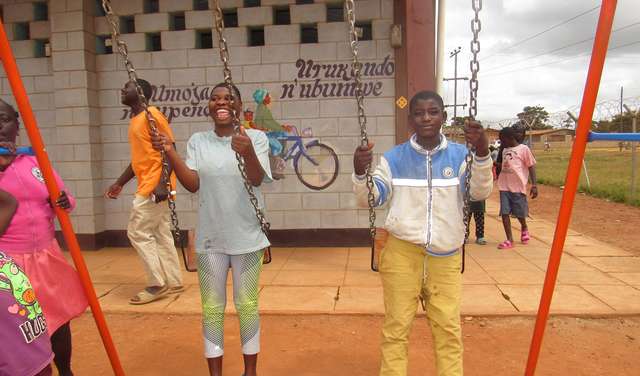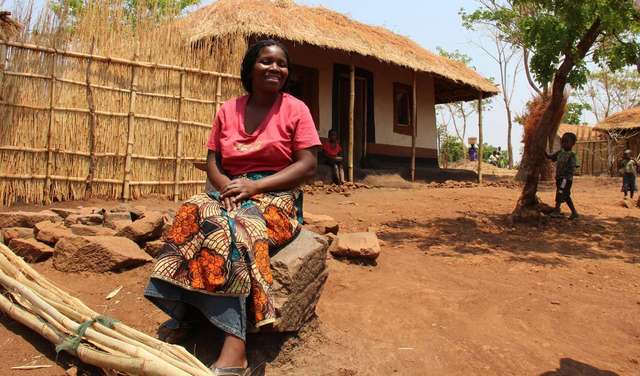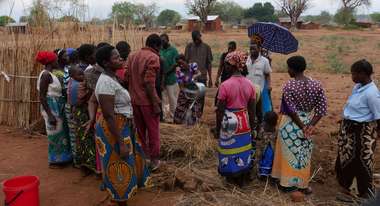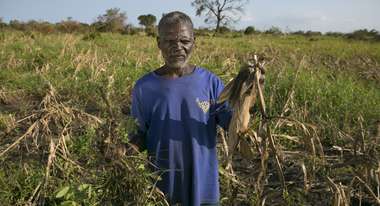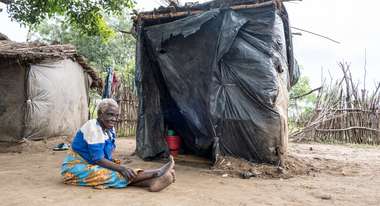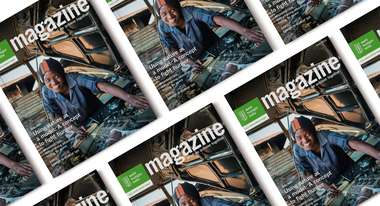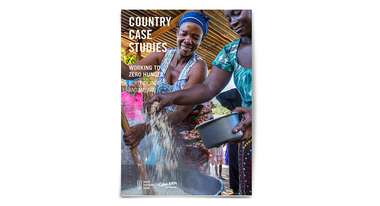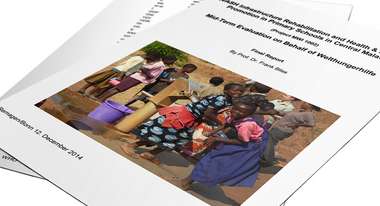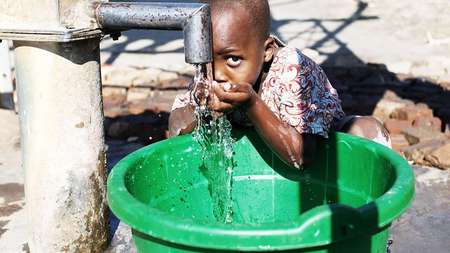
Malawi
+++ Latest news: Malawi is suffering from severe drought. Around 44 percent of grain-growing areas are unusable, which means that around two million households are threatened by hunger and are dependent on humanitarian aid. The extreme weather conditions are caused by the El Niño climate phenomenon. We actively support measures to prepare for natural disasters and adapt to changing climate conditions in Malawi. +++ Most of the approximately 19 million residents of Malawi make their living as smallholders in rural areas. The landlocked southern African country is combating the effects of the recurring climate phenomenon of El Niño. Wide swathes of the country regularly suffer extreme droughts, while other areas experience heavy rainfall. Both result in crop failures.




